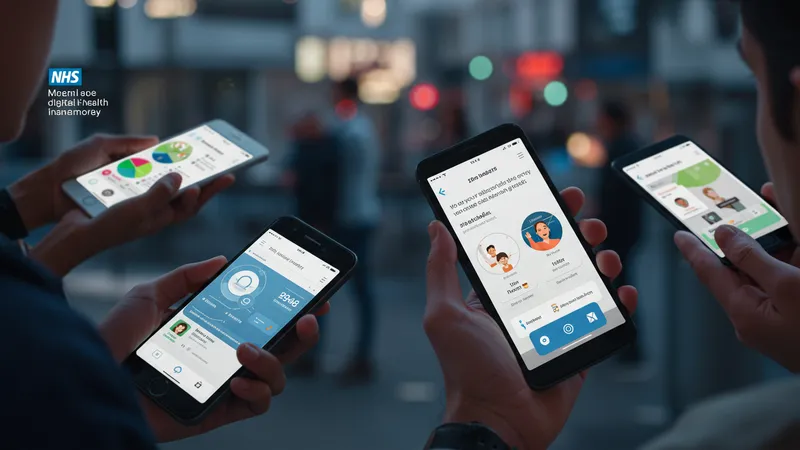
Understanding Anxiety: A Complete Guide
Self-Help and Digital Tools for Managing Anxiety in the UK
Alongside professional support, self-help and digital tools have become essential in managing anxiety, especially in the context of busy modern lives. The UK leads Europe in digital health innovation, with services like the NHS Apps Library featuring regulated apps that target anxiety through education, relaxation techniques, and mood tracking. Popular self-help methods include mindfulness, guided journaling, and structured breathing exercises—routinely recommended by NHS practitioners.

Anxiety UK and Mind both offer free and paid resources for self-guided anxiety management. These range from downloadable activity packs to live online workshops, ensuring people have flexible options to suit differing levels of need. For many, digital platforms offer a sense of autonomy—a way to build coping skills at their own pace.
The rise of remote support has especially benefited rural and underserved communities across the UK, where traditional face-to-face services might be limited. Data from NHS Digital suggests that use of mental health apps nearly doubled in the past three years, indicating a shift towards technology-enhanced wellbeing initiatives. Quality assurance remains crucial, so users are advised to select tools included in the official NHS recommendations.
Many digital self-help solutions are integrated with live support options, creating hybrid pathways for anxiety management. UK offerings like SilverCloud and Beat Panic have strong user feedback, and are increasingly prescribed by NHS clinicians as supplementary tools. This approach broadens access and personalises support, making it easier for individuals to engage with strategies that align with their lifestyle and unique anxiety profile.